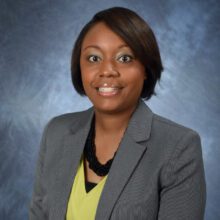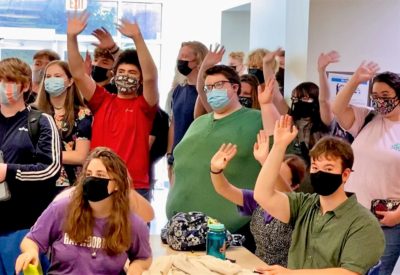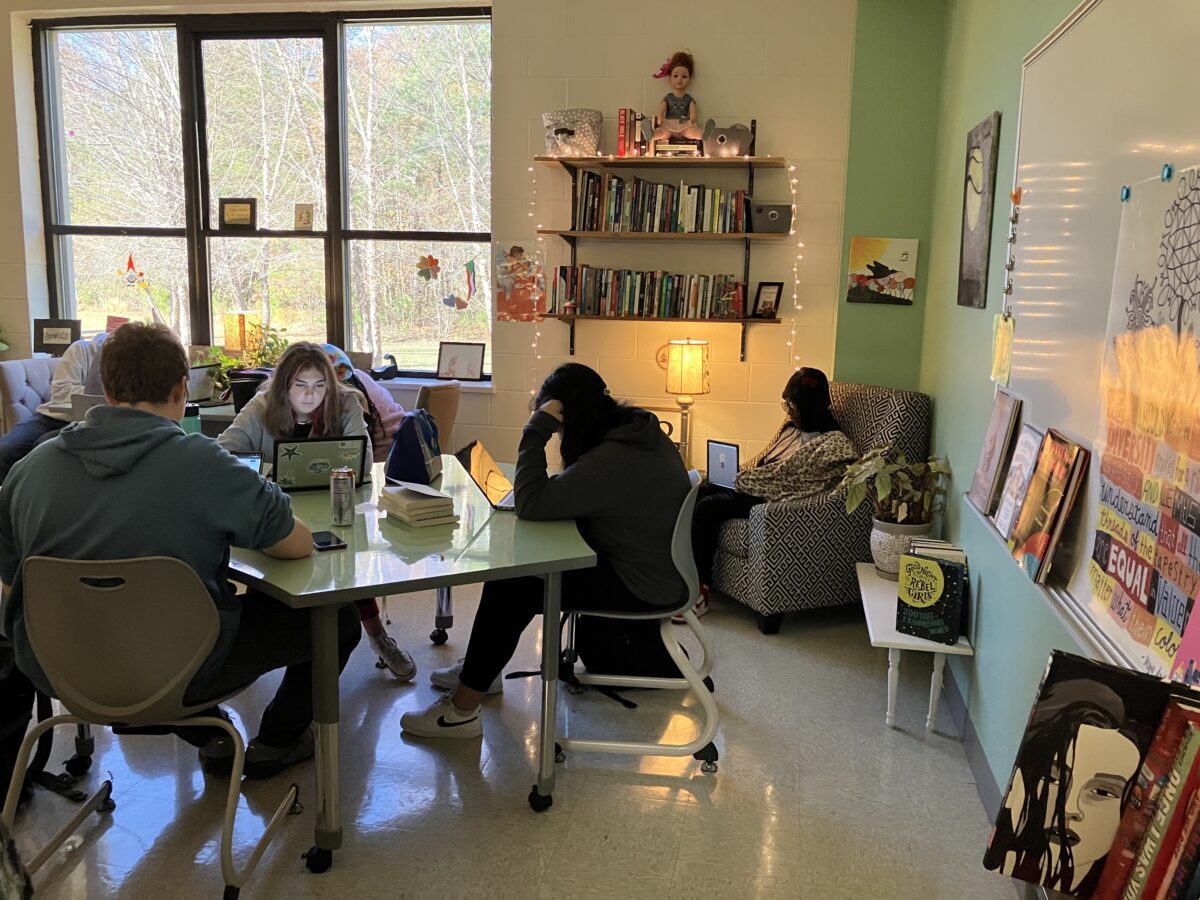
Share this story
- Innovative practices implemented in early college high schools have become a staple of their success and include a focus on classroom instruction as well as broader supports for students.
- Innovation has become a buzzword in education, but for early college high schools, innovation is literally their middle name.
|
|
Innovation has become a buzzword in education, but for early college high schools, innovation is literally their middle name.
Early college high schools are a part of the Cooperative Innovative High School (CIHS) model established by the state in 2003 to expand access to high-quality instruction and college programming in a supportive, small group environment for students whom research indicates can benefit most from the approach. These schools aim to enroll three types of students: those who are at risk of dropping out of high school, first-generation college students, and students who could benefit from accelerated learning opportunities.
Students who attend early colleges have the opportunity to earn college credit, industry certifications, and stackable credentials from community colleges or four-year colleges and universities while also earning their high school diploma. While the state has a variety of dual enrollment programs where students can earn college credit in high school, early college high schools are different in that students can earn an associate degree or up to two years of college credits toward a bachelor’s degree in high school. Many of them are located on the campus of a community college or a four-year university.
Innovative practices implemented in early college high schools have become a staple of their success and include a focus on classroom instruction as well as broader supports for students. Innovative practices in the early college setting can take many forms, but some of the more common ones include intentional planning to scaffold learning in a rigorous academic environment, enhanced opportunities for staff and student collaboration, increased opportunities for student “voice and choice” to develop student agency, purposeful student supports, and an intentional approach to authentic learning that includes project-based learning (PBL) and work-based learning.
Staff members in early colleges see innovative practices as fundamental to their work, and evidence of this can be found in schools across North Carolina. The following are three examples.
Wake Early College of Health & Sciences
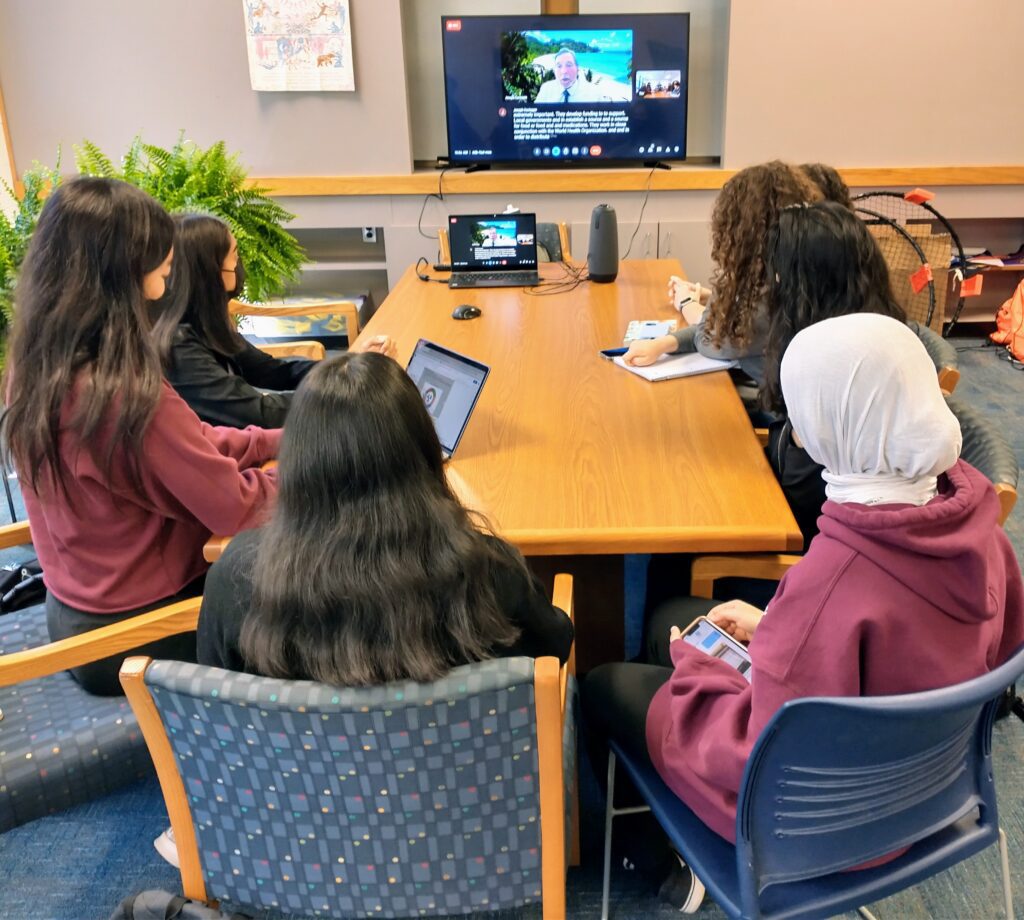
Wake Early College of Health & Sciences (WECHS) is located in Raleigh, N.C. WECHS’s Instructional Coach, Jody Paramore, speaks passionately about the Health Equity Advocates Learning and Solving (HEALS) project. HEALS was born after Principal Lisa Cummings saw the power of a similar project in action at a neighboring early college.
HEALS is an example of project-based learning (PBL) that requires students to learn about and design a solution to a real-world problem. In this case, students focus on a global health issue. The project is voluntary, and students tend to sign up because they want leadership experience and a chance to help solve a real-world science problem.
Last year 56 students participated in the project, and even more signed up to participate this year. This year’s project is focused on the United Nations Sustainable Development Goal 3.4: Improving Mental Health. Inquiry is central to PBL, and in HEALS students create their own compelling question to investigate and solve. Engagement with real-world experts is an important part of PBL, and throughout the process students are mentored by health science professionals. At the end of the process, students present their solutions in a public showcase. Last year, over 200 family members, peers, community partners, and business mentors attended.
Mr. Paramore, along with the staff, observed that this project helps students build key content knowledge while also supporting their personal growth. The project promotes the use of “soft skills” which are commonly identified as a critical need by business leaders.
The HEALS project requires students to make STEM connections and engage in problem solving, teamwork, and public speaking. HEALS is an excellent example of instructional innovation that rethinks traditional classroom and learning environments. The project is student-led, putting students in the drivers’ seats of their own learning. Some describe this type of learning as complex and even “messy” at times, but it moves learning far beyond a traditional approach centered on lecture and cookie-cutter science labs to prepare students to engage in the type of collaboration and problem-solving they are likely to encounter in future careers.
Yadkin Valley Regional Career Academy
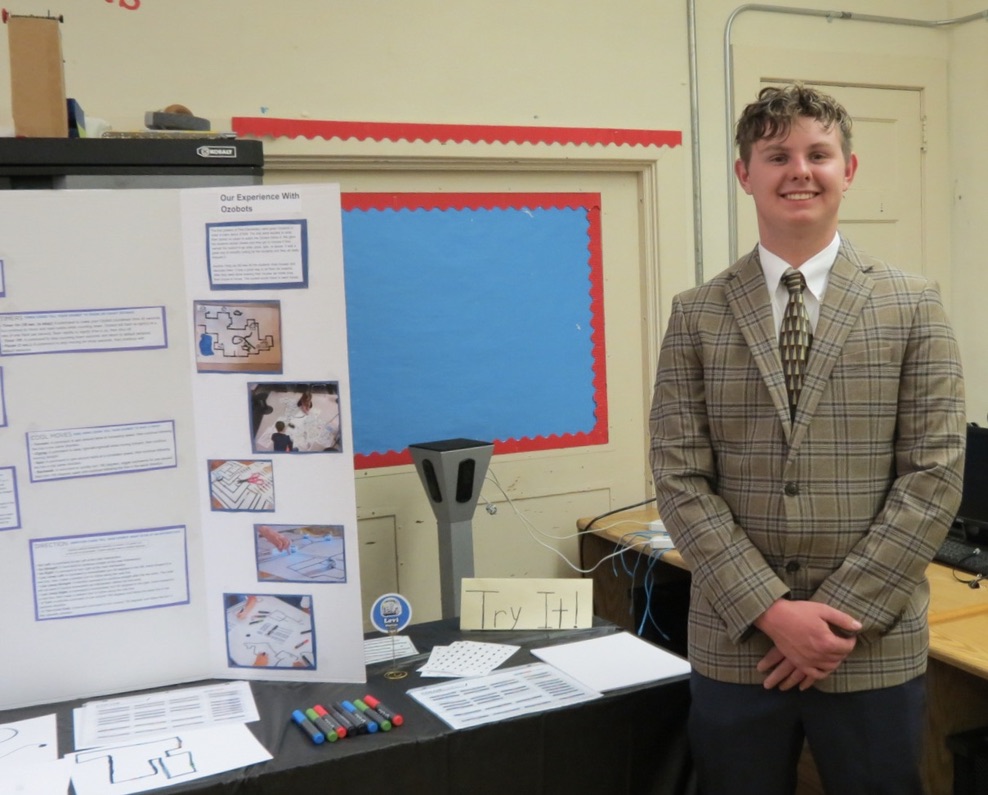
Located in Lexington, N.C., Yadkin Valley Regional Career Academy has become a leader in PBL in North Carolina. The school has also become known in its community for maintaining strong community and business connections. From the day the school opened, the school has had a strong Business Advisory County that helps inform the school’s focus on making learning relevant in the classroom through work-based learning experiences.
The benefits of community relationships are evident in Valley Academy’s biannual “PBL Exhibition,” an event that has become known as the school’s “Super Bowl” that staff and students look forward to each semester. Throughout each semester, students engage in community-connected projects where they explore real-world issues connected to the standards for each course. Students often connect with real-world experts as they develop their project work. As a finale, students welcome the community into the school to present their work in front of their peers, former teachers, family members, community partners, and middle school students. Their last event drew in over 500 people over the course of two days.
While academic learning standards are at the heart of the work, an equally important goal is to give the students exposure to the community and authentic audiences. This process requires students to cultivate their professional personas and develop their soft skills each year. By the time students graduate, employers are impressed and often pass out business cards to students during the exhibition as a means of networking.
The focus on community connections and PBL supports the school’s mission of creating innovative thinkers. In order to make all of this possible, the teachers at Yadkin Valley have become advocates for innovative practice. As a result, the school has sustained its approach to cultivating authentic student-centered learning experiences even through changes in leadership over the years.
Southeast Area Technical High School (SEA-TECH)
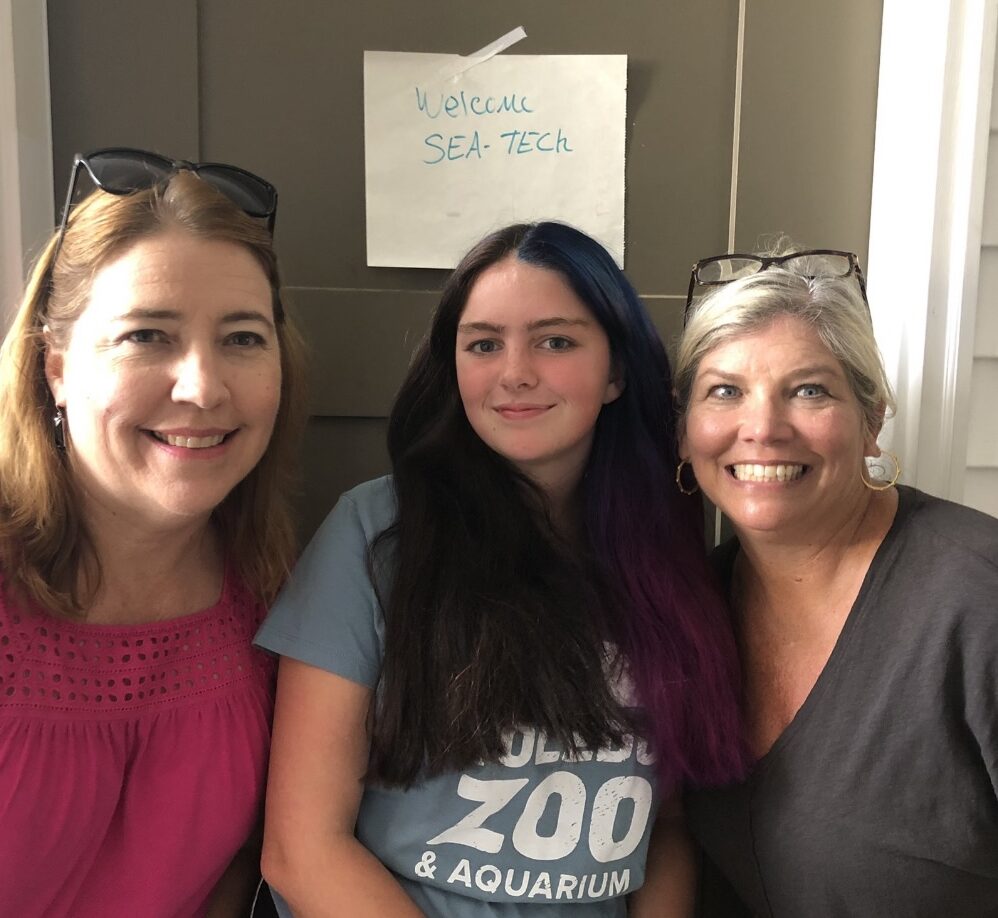
Innovative practices at early colleges and other CIHS’s are not always directly related to instruction. At Southeast Area Technical High School (SEA-TECH), home visits are an important catalyst for ninth grade students’ successful high school and college experience. SEA-TECH is a CIHS located in Castle Hayne, N.C., that focuses on providing rigorous academics and work-based learning experiences so that students have the opportunity to earn college credit as well as stackable credentials and industry certifications.
Principal Edith Skipper shared that before each ninth grader starts their career at the school, two staff members visit each student’s home. While some may think this innovative practice is unorthodox, for the staff at SEA-TECH it is a yearly priority. It is also a practice that is supported by research.
During the visits, staff members share vital information about the school, including academic expectations and available support, and they also assist families with filling out important paperwork. Most importantly, staff answer questions and address concerns families may have on a one-on-one basis. During the visits, families are also able to share important context including stories, health issues, family structure, food insecurities, and other personal matters they believe staff should know to help their child be successful.
Families report that they are grateful for the visits and the personalized touch they provide. The visits also help students begin to establish relationships with staff during what can be a challenging transition to high school. As a result, they have at least two staff members that they feel comfortable asking for support when they arrive for the first day of school. Staff pride themselves on doing their work with love, and this is the first step to show families that they care.
This work is not done blindly. Staff members at SEA-TECH receive training on how to complete home visits. This includes learning the importance of “checking their biases at the door” before sitting down to speak to their families. They are also taught to approach the work with a “resource lens” and identify how they can support the growth of each student. This initial positive interaction has made a big difference in the lives of SEA-TECH’s students and families for the past six years, and they plan to continue their efforts.
Research tells us that focusing on purposeful learning and helping students develop a sense of belonging can be game changers for student learning. The examples shared above are just a few of the innovative practices early college educators are employing across North Carolina to provide purposeful learning in supportive environments to ensure their students find success.
If you are interested in learning more about education innovations that work well for students, we encourage you to take a look at a Cooperative Innovative High School (i.e. early college high school) in your county or region where you are likely to see a strong culture of student-centered learning and success.


